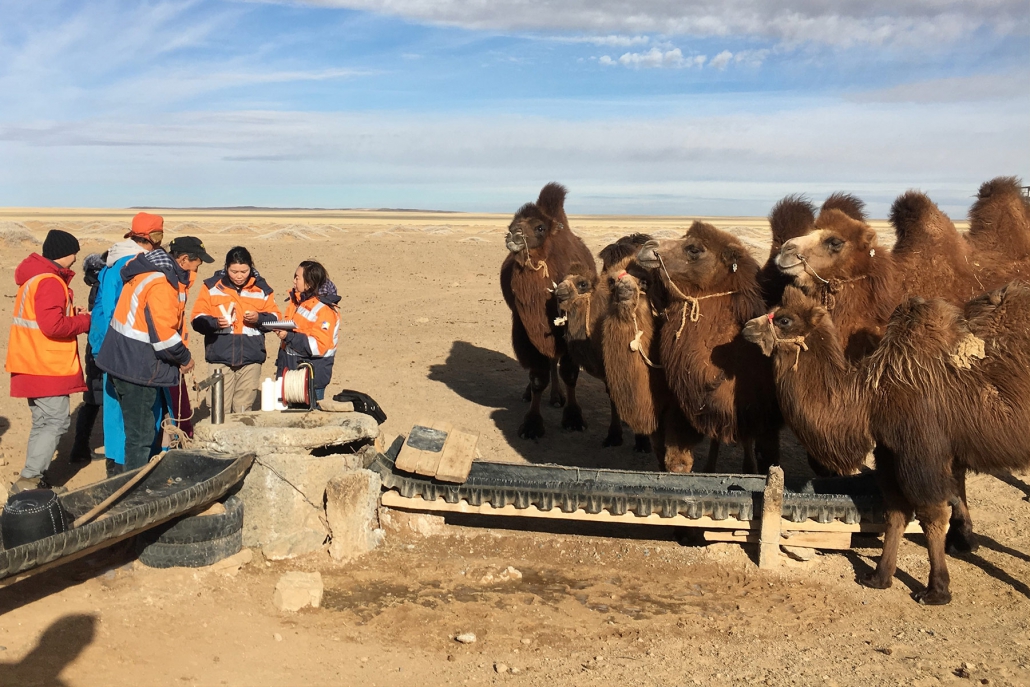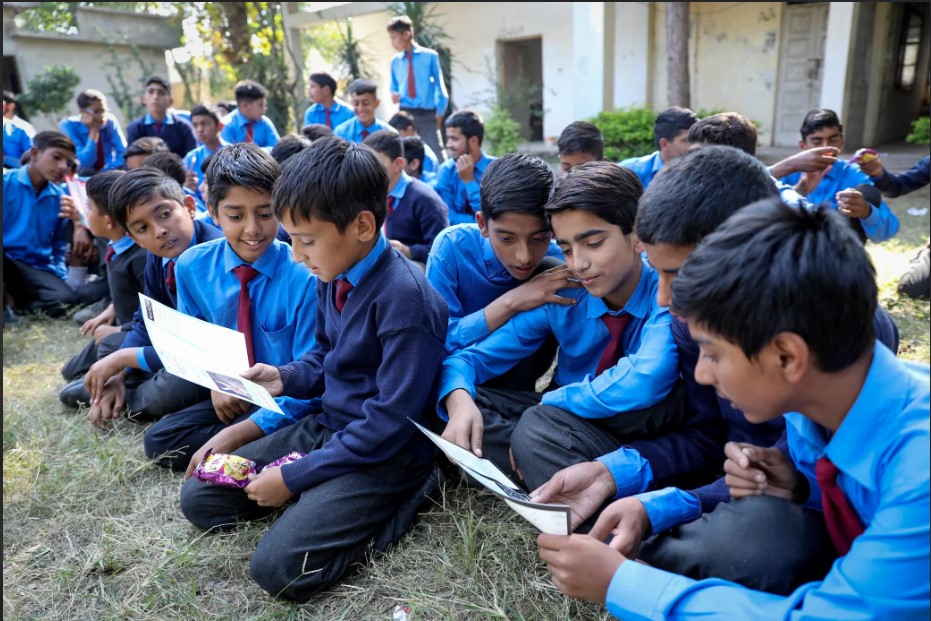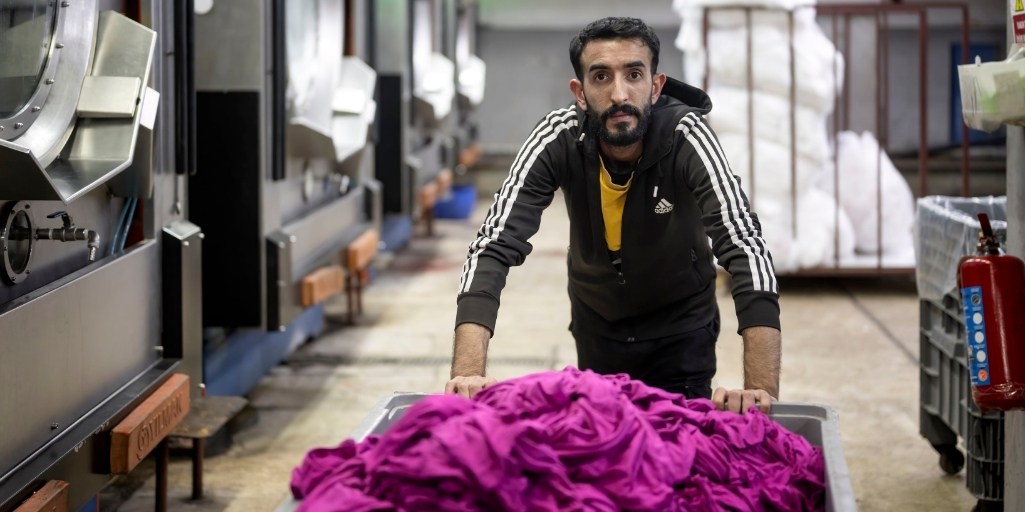Blog
Mar 22, 2017

Photo by Enkhbileg Enkhjargal
Ulaanbaatar—Mongolia’s geography and people have long been accustomed to the vagaries of its landlocked, extreme climate. Over the past few decades, surface water has become increasingly scarce, average air temperatures have risen over twice the world mean, and more than 70% of territory has entered some stage of desertification. The causes are multifaceted—overgrazing, glacial retreat, vulnerable infrastructure, uneven policy implementation—and the solutions similarly complex.
Mongolia’s mining sector is a critical source of investment, tax revenue, and local economic activity—and a key water user. The extraction, processing, and transportation of mineral resources potentially bring significant changes to pastoral landscapes and communities. Water provides an illustrative lesson in the changes taking place, and how, at least some, Mongolians are reimagining their livelihoods and futures.
To be sure, most Mongolians view water as sacred – a scarce resource to be stewarded. Don’t display your water well to the bull, professes one proverb. With the introduction—and potential growth—of new water use pressures, herders and rural town residents alike are understandably concerned about the future of their livelihoods and communities. Missing (or mis-) communication amongst the residents, government, and mining sector have, at times, raised tensions and dampened public sentiment.
Enter the South Gobi Mining, Communities and Water Management Roundtable. Starting in 2013, on the heels of a major increase in mining sector investment, IFC’s advisory services convened mining companies, government personnel, and community stakeholders to explore each other’s roles and perspectives on water in the arid Gobi region. Comparing public and privately collected data on water in simple, accessible forms (e.g. infographic) and venues (e.g. the government’s GGGI-supported National Water Database) has helped to build empathy and understanding. However, leading mining companies themselves have pledged to go further to create an environment for shared water resources management.
Voluntary regulation is a long-standing approach with the potential to increase industry competitiveness while reducing the costs of lengthy regulatory review and implementation. In Mongolia, however, the Voluntary Code of Practice (VCP) on water management represents a first-of-its-kind effort to raise the bar amongst mining water users. By going beyond the minimum mandatory standards on water use and quality monitoring, for example, signatories of the VCP have signaled to their shareholders and stakeholders that business-as-usual simply isn’t the best strategy.
To highlight good practices in water management, IFC and ICMM published a new report “Shared Water, Shared Responsibility, Shared Approach: Water in the Mining Sector”. The report finds that mining companies are increasingly thinking more collaboratively–with local communities, government and other industries–about shared water use. In the spirit of World Water Day, the report showcases Mongolia as an example of how mining companies can support collective solutions to shared water challenges. While each minerals project and local context present unique conditions, the lessons presented in this paper can help companies integrate collaboration into operational water strategies.
Moving forward, balancing water use pressures across Mongolia will inevitably face new challenges, given the country’s development ambitions, climate change vulnerability, and natural resource endowment. Dialogue and voluntary commitments will bear fruit only through meaningful implementation and disclosure—on rainy and sunny days alike.

